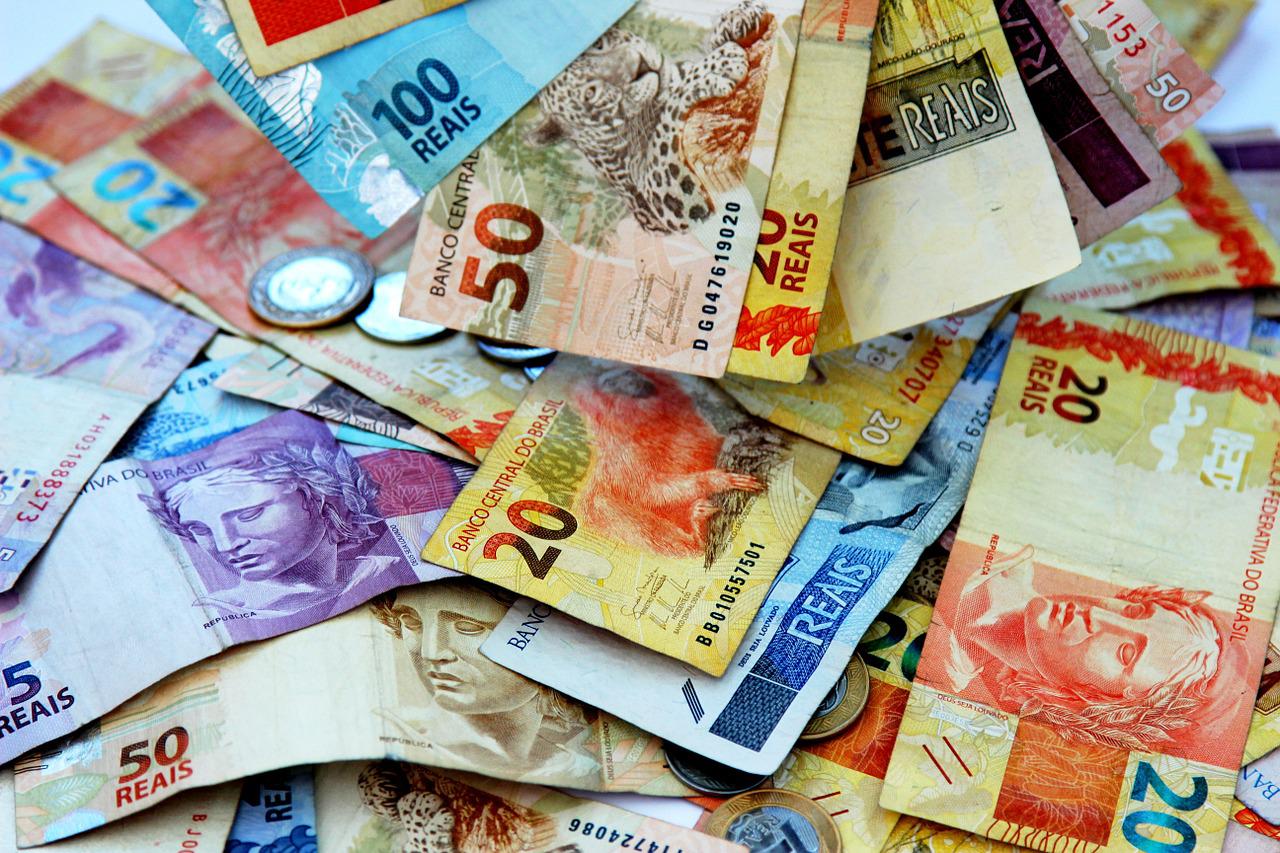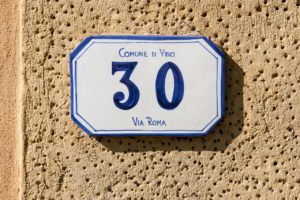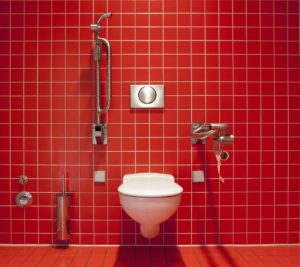Image by Joel santana Joelfotos from Pixabay
In this post we’ll learn the numbers in Portuguese , and we’ll see a few common examples of how they’re used.
0-10
Let’s start with zero zero through dez ten.
- zero zero
- um / uma one
- dois / duas two
- três three
- quatro four
- cinco five
- seis six
- sete seven
- oito eight
- nove nine
- dez ten
Brazilian sometimes use meia (half, as in half dozen) to mean seis (six), for example when giving phone numbers or addresses.
GRAMMAR TIP! Notice that Portuguese has masculine and feminie forms for both one (um, uma) and two (dois, duas). So you would say for example: um carro, dois carros (one car, two cars, masculine) but uma casa, duas casas (one house, two houses, feminine).
11-19
Eleven through fifteen all end in –ze in Portuguese, but some changes are made to the basic number before adding that ending. For sixteen through nineteen, start with deze– (dez e, ten and). Notice the –e is dropped before oito.
- onze eleven
- doze twelve
- treze thirteen
- quatorze fourteen
- quinze fifteen
- dezesseis sixteen
- dezessete seventeen
- dezoito eighteen
- dezenove nineteen
20-99
Here are the tens. Notice that when you add ones to tens, you simply say e X (and X) after then tens place. Also notice that you use e uma or e duas with feminine nouns.
- 20 vinte
- 21 vinte e um / vinte e uma
- 22 vinte e dois/ vinte e duas
- 23 vinte e três
- 24 vinte e quatro
- 25 vinte e cinco
- 30 trinta
- 40 quarenta
- 50 cinquenta
- 60 sessenta
- 70 setenta
- 80 oitenta
- 90 noventa
Higher Numbers
And here are higher number from 100 on.
- 100 cem
- 101 cento e um/ uma
- 200 duzentos /as
- 300 trezentos /as
- 450 quatrocentos /as
- 1,000 mil
- 2,000 dois / duas mil
- 100,000 cem mil
- 1,000,000 um milhão
GRAMMAR TIP! Again, notice the feminine forms of numbers, for instance trezentas pessoas (three hundred people), duas mil pessoas (two thousand people).
Using Numbers
Let’s see some typical examples of how you might use numbers.
- Duas taças de vinho, por favor.
Two glasses of water, please. - Uma mesa para duas /três / quatro / cinco pessoas, por favor.
A table for two/three/four/five people, please. - Que horas são?
What time is it? - São sete da noite / onze da manhã.
It’s seven o’clock in the evening / eleven o’clock in the morning. - O quarto é o número trinta e sete, no terceiro andar.
It’s room number thirty seven, on the third floor. - Quantos anos você tem?
How old are you? - Eu tenho vinte / trinta e cinco / cinquenta anos.
I’m twenty/ thirty five/ fifty years old. - Quanto custa isso?
How much does it cost? - Isso custa R$50,00 (cinquenta reais) .
It costs R50. - Quantas irmãs você tem?
How many sisters do you have? - Quantos irmãos você tem?
How many brothers do you have? - Eu tenho duas irmãs. Eu tenho dois irmãos.
I have two sisters. I have two brothers. - Qual o número do seu telefone?
What is your phone number? - Meu telefone é (11) 9875-2607. (onze– nove, oito, sete, cinco–dois, seis/meia, zero, sete).
My phone number is 49-40-2880. - Onde fica o hotel?
Where is the hotel? - O hotel fica na Rua Augusta, 25 (vinte e cinco).
The hotel is at 25 Rua Augusta.
Do you want to learn Portuguese?
Check out our other posts on Portuguese language, Brazilian culture, and more. And if you’re looking for convenient and affordable live Portuguese lessons with a real teacher, check out The Language Garage Portuguese. Our lessons are given online in a virtual classroom, so it doesn’t matter where you live or work. We can come to you. And we have flexible options, with a free trial so that you can decide if there’s a fit. Check us out!





